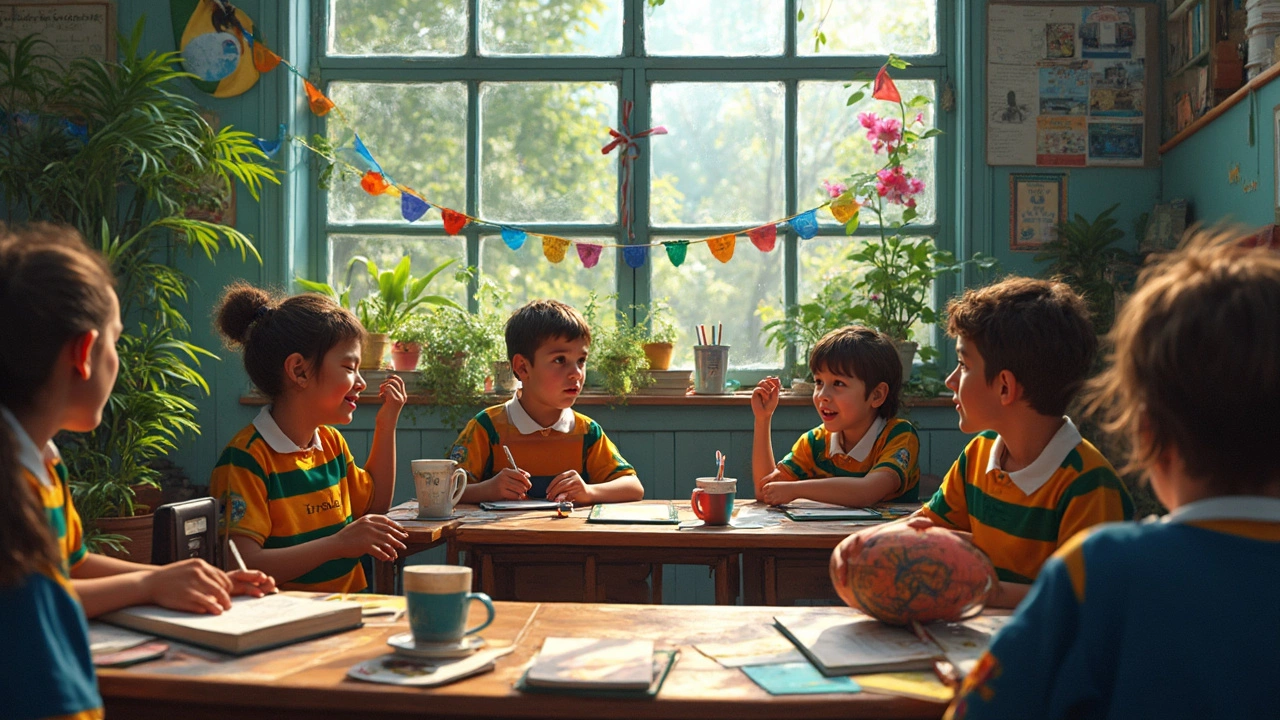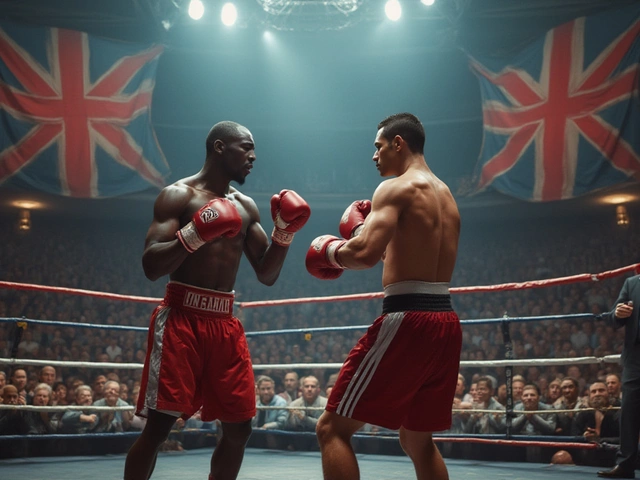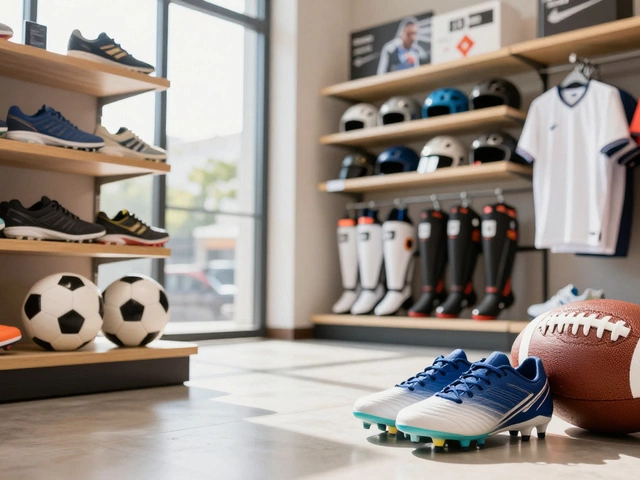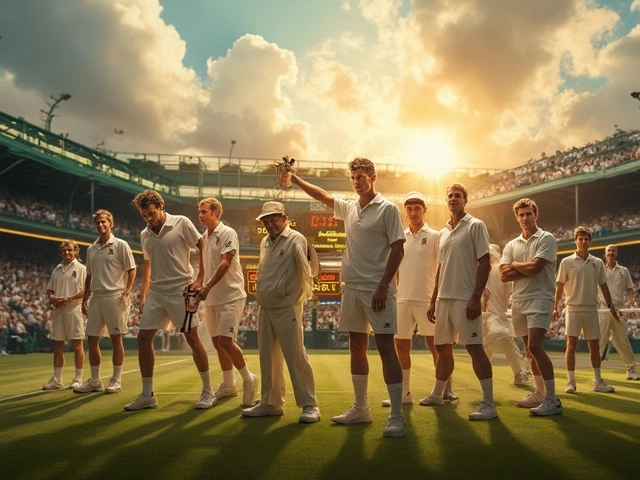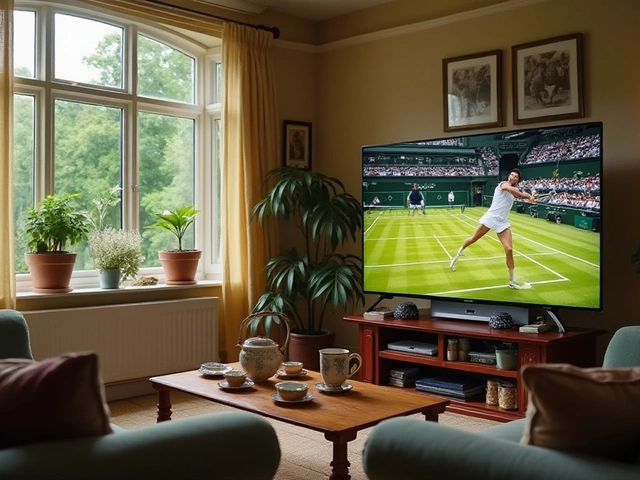Sports and Education: How Athletics Build Life Skills Beyond the Field
When we talk about sports and education, the intentional integration of physical activity with learning to develop cognitive, emotional, and social skills. Also known as athletic development through learning, it’s not just about scoring goals or running fast—it’s about building the kind of discipline, focus, and resilience that helps people succeed in school, work, and life. This isn’t theory. It’s happening in school gyms, community pools, and weekend training fields across Britain, where kids and adults are learning more than technique—they’re learning how to handle pressure, recover from failure, and push through when things get hard.
physical education, structured movement programs in schools designed to improve fitness and teach teamwork. Also known as PE, it’s the foundation for how young people first connect with sports. But the real impact comes when that classroom turns into a training ground. Studies show kids who play organized sports regularly have better attendance, higher grades, and stronger problem-solving skills. Why? Because sports demand consistency. You can’t skip practice and expect to win. You can’t blame the referee when you miss a shot—you have to adjust, try again, and keep going. That’s the same mindset that helps someone study for a tough exam or finish a project under deadline.
sports psychology, the mental strategies athletes use to stay focused, manage stress, and build confidence. Also known as mental training for athletes, it’s what separates good players from great ones. Think about learning to swim as an adult. It’s not just about technique—it’s about overcoming fear. Or training for a marathon when you’ve only run 10 miles. It’s not about mileage—it’s about believing you can do it. These aren’t just athletic challenges. They’re life lessons in disguise. The same mental toughness that helps someone push through a 12-round boxing match helps them speak up in a meeting, ask for a raise, or start over after a setback.
And it’s not just for kids. Adults who take up tennis after 40, or learn to swim at 50, aren’t just getting fit—they’re rebuilding their confidence, sharpening their focus, and proving that growth doesn’t stop at a certain age. Sports teach you how to set goals, track progress, and celebrate small wins. They teach you how to listen to your body, recover from injury, and ask for help when you need it. These are the same skills that make someone a better employee, parent, or friend.
What you’ll find below isn’t just a list of articles—it’s a collection of real stories from people who’ve turned sports into a classroom. Whether it’s understanding how rugby players build massive legs through training, decoding gym notation like "5 5," or learning why ATP and WTA run separate tours, every post connects back to one truth: sports and education aren’t separate paths. They’re the same journey, written in sweat, repetition, and quiet determination.
Brazilian Education Levels: A Surprising Insight into Rugby Fixtures
The average educational level in Brazil can influence diverse aspects of life, including sports like rugby. This article explores how education might intersect with rugby interest and success. Discover unexpected connections and gain tips on harnessing educational trends to enhance your understanding of Brazilian rugby. Whether you're a fan or just curious, uncover intriguing insights that highlight the unique relationship between these topics.
